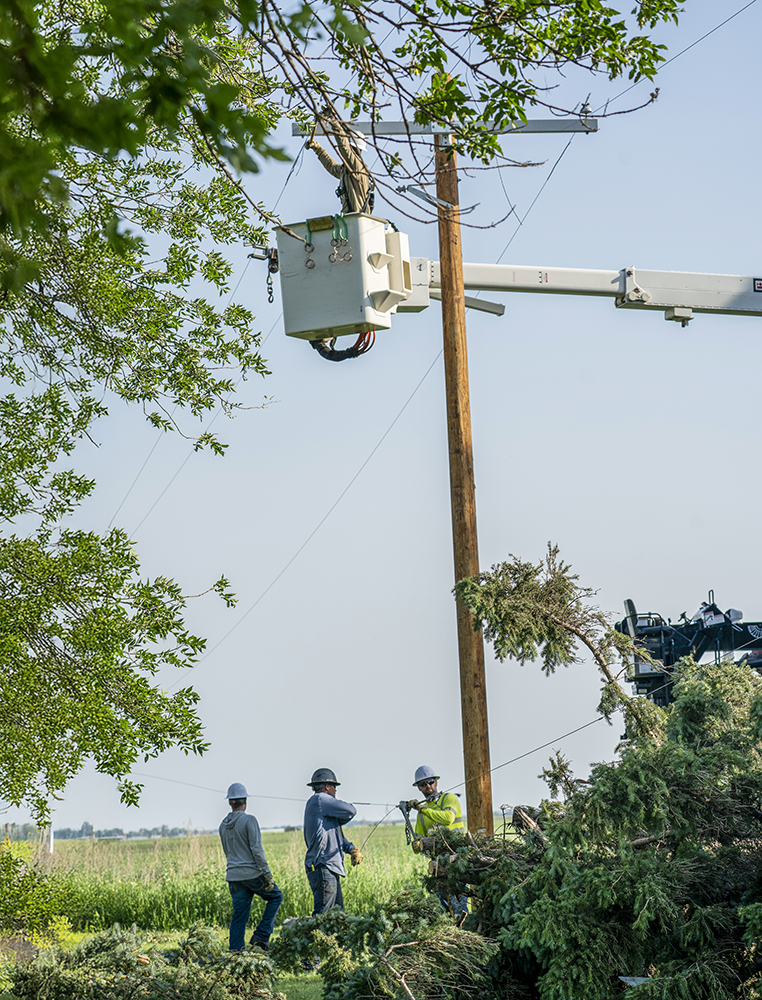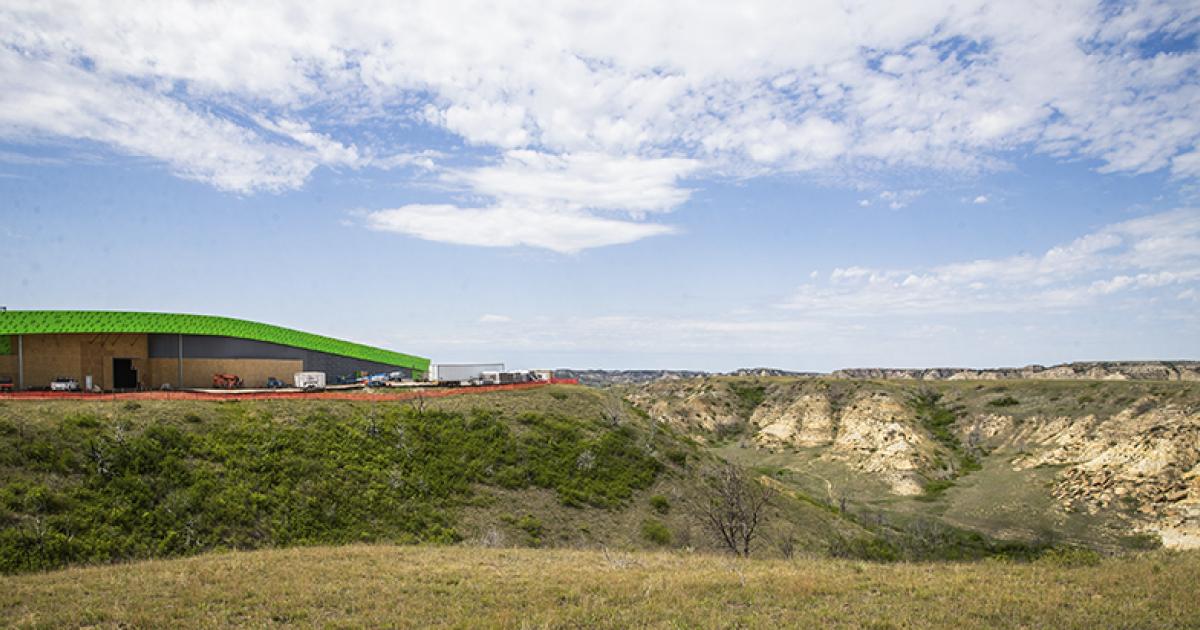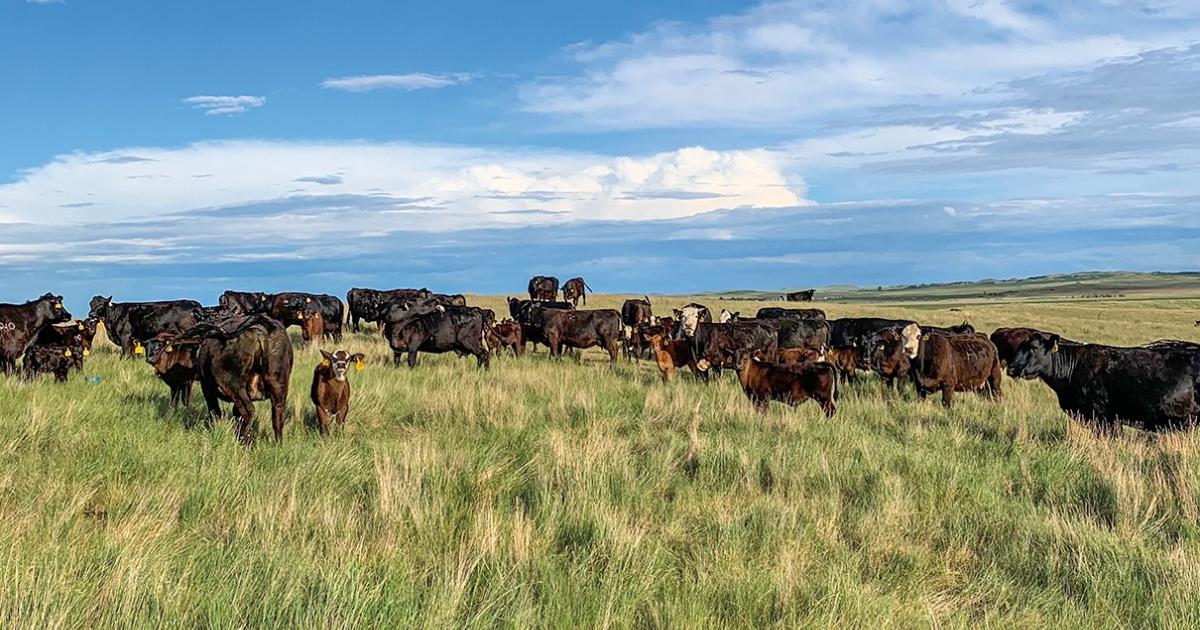America’s electric cooperatives are applauding several federal actions that will help co-ops meet the growing power demand and ensure always-available power remains reliable and affordable.
PERMITTING REFORM
On July 1, updated National Environmental Policy Act (NEPA) procedures were announced by federal agencies, reflecting recent congressional reforms and court rulings that will simplify permitting of a wide range of co-op projects.
To build or upgrade generation, transmission and distribution systems, co-ops are required to obtain permits from federal agencies under NEPA. Reviews under NEPA frequently take years to complete, and lawsuits can further delay approvals.
“The announcements deliver what we’ve been requesting for years – simplified, streamlined agency procedures that will allow us to more quickly get projects reviewed and approved,” National Rural Electric Cooperative Association (NRECA) CEO Jim Matheson says. “This change will benefit all 900 electric cooperatives and will help streamline many co-op projects from Rural Utilities Service loan applications, building new generation, expanding new distribution infrastructure and more.”
“It’s a step in the right direction,” says Matt Hanson, CEO of McKenzie Electric Cooperative in Watford City.
Hanson says his cooperative builds six months to a year into planning timelines for required federal permitting. Even if the “red tape” burden is reduced, a workforce is still required to move projects through the permitting process, he cautions.
“While this is a way to streamline things, we also have to be aware it takes people, having staff at those agencies, to implement,” Hanson says.
The NEPA changes will take time to play out as agencies work on implementation, but the reforms will help expedite infrastructure development and cut project costs for cooperatives, NRECA says.
EPA RULES
In June, the Environmental Protection Agency (EPA) proposed repealing the power sector greenhouse gas and mercury emissions rules which threaten grid reliability and affordability for electric cooperatives and their members.
The 2024 greenhouse gas rule required many existing coal-fired plants and new natural gas-fueled plants to either install carbon capture and storage technologies, operate at lower capacity or shut down, forcing the premature retirement of reliable, always-available generation.
The EPA also proposed repealing the Biden administration’s mercury and air rule. NRECA calls the mandate costly, with no appreciable health benefits.
“These rules force power plants into premature retirement and handcuff how often new natural gas plants can run,” Matheson says. “Both are textbook examples of a bad energy policy that compounds today’s reliability challenges.”

PHOTO COURTESY CASS COUNTY ELECTRIC COOPERATIVE
FEMA ‘ESSENTIAL’ FOR CO-OPS
With the future of the Federal Emergency Management Agency (FEMA) uncertain due to recent political decisions and leadership changes, electric cooperatives are calling for the preservation of critical FEMA programs that serve rural America.
“Eliminating FEMA would significantly hinder cooperatives’ ability to recover from disasters and keep electric costs affordable,” NRECA says.
President Donald Trump and Department of Homeland Security Secretary Kristi Noem have made statements questioning the future of FEMA, suggesting states may be better positioned to handle natural disasters on their own.
Removing access to federal resources from FEMA “would undermine power restoration efforts, negatively affect reliability, and ultimately increase the cost of electricity,” NRECA says. “States play a vital role in disaster response, but they cannot replace FEMA’s essential function in delivering federal assistance.”









